Lolita. Vladimir Nabokov. Fiction.
Occh. How do I solve a problem like reviewing Lolita?
I have no freaking idea.
Here’s the thing…
1. There’s just no denying it’s brilliant, despite the seriously uncomfortable subject matter. And important serious books should be written about uncomfortable subject matter. However…
2. It’s disturbing to wake up and realize how unqualified I feel to give a significant considered review of said important but disturbing subject matter. It’s complicated and I’m finding it very hard to critique the actual work rather than the subject matter and how I personally feel about it.
Things to consider:
A. I don’t love the way Nabokov writes. Oh I can appreciate the hell out of it, but personally it’s a bit wordy and overly descriptive for my tastes. I get bored quickly with descriptions of things that I don’t think are important (and usually aren’t).
B. I do have to give Nabokov credit however for making me feel for Humbert Humbert without Nabokov begging or whining on his behalf. I didn’t want to like him, and I didn’t, but I also freaking hated Lolita. Perhaps that’s a foregone conclusion since we’re seeing everything from Humbert’s perspective, but I had trouble tapping into his love for Lolita (maybe because I didn’t want to) and could only find annoyance and frustration for her. For me, if there’s a character more unlikable in Lolita than Humbert, it’s Lolita.
C. I also feel compelled to consider all of the Lolita alternate covers and the film…because it’s all an important part I think of how the Lolita…lexicon if you will, has developed over time.
For example, the cover above is the cover from the book I read. I feel pretty blah about it (it was on sale at The Strand). It’s decidedly sexual, but that could be an 18 or even a 25 year-old woman’s skin and mouth on the cover (a 25 year-old woman with decidedly awesome young skin, but still). Whereas this is the cover from the copy Adam was reading.
Which is, to me, decidedly more disturbing…considering it’s Lolita we’re talking about and those legs look very young and awkward and decidedly innocent and unsexy. But look at these other covers….
Some of them are a bit incendiary (considering) and more accurate I think to what is supposed to be going on in the book (#1, #2, #3, and #5) and make me feel slightly different about the content inside. Covers #6 and #7 are decidedly less creepy as the women depicted seem a more appropriate age to be sexually active by choice, and cover #8 is just ridiculous, I mean that woman is like 30 and has a mustache for christ’s sake, I’m sure she’s been sexually active, and rightly so, for ages. Cover #4 is my favorite if only because I like the sketchy quality and because it’s the only one that doesn’t try to specifically put a look or feeling or age to Lolita, it’s abstract enough that I have to use only what Nabokov gives me in the book…which is the way it should be.
What about this one?
It takes the prize as the super creepiest. But maybe the most accurate? Even though it’s a little abstract, knowing what’s on the inside and that the simple line drawing is not a sweet moment between father and child but between sexual predator and child makes it the most disturbing of the bunch (except maybe #8 and her mustache).
I also feel I have to consider the famous film adapted from the novel, by Kubrick and Nabokov himself. THIS is not the Lolita I was picturing while reading.
If I had been picturing this all along would it have make Nabokov’s Humbert Humbert any more justified in his actions? No. Would I have been slightly more understanding and slightly less disgusted? Yes. This is not the “child” I was picturing. This is a young developing woman with a decidedly sexual aura. Does looking this way justify a predator three times her age taking advantage of her? Hell no, but I can’t deny it colors (if ever so slightly) the way I think about things. And that raises only more questions. Did Kubert and Nabokov make her (and cast her) this way in the film because they wanted us to understand how Humbert sees her regardless of her age? She might look innocent and 12 to us, but to Humbert she always looks like this? Or were they pressured into making her older by what they could get away with in the film (it was controversial as all get out even by making her 14 instead of 12) or was it simply impossible to cast an actress that could look both 12 and 16 realistically while 14 and 18 was more doable?
For me, a lot is lost in the Lolita adaptation to film, because while there is nothing okay about adults preying on 14 year-olds, there is a world of difference I think between a child of 12 and a child of 14. A lot happens in those two years. Just like there’s a huge difference between 14 and 16…
Ah, conundrum. And I’m no closer to understanding how I feel about the book itself really. I guess I’ll just have to accept the premise of my very first point. It’s a brilliant and important well written book and people should read it. If only to make them think (even if it only turns into circle logic like what happened to me). I give Lolita 4.5 stars for all those reasons and shudder away from it, happy to be moving on.
-
Interesting review. Reading this simultaneously (kind of) was a cool experience and could have been better if I had read it on pace with you.
I loved the book and thought that it was one of the most convincing love stories I’ve come across in spite of the character’s ages. Or rather, it was a convincing depiction of love from a man’s point of view, unrequited love.
The covers were interesting. That could have been a long post, in and of itself.
Good review, though different from your usual deal.
Comments are now closed.

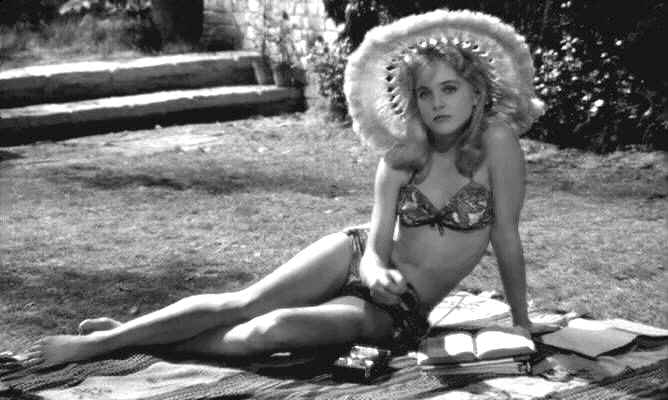
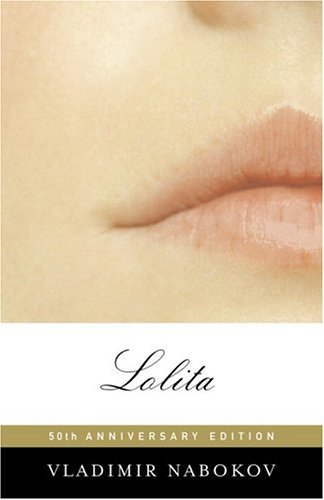
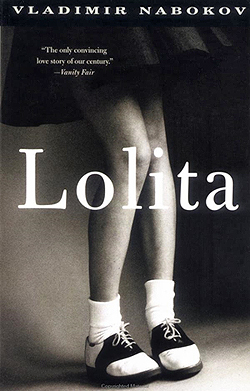
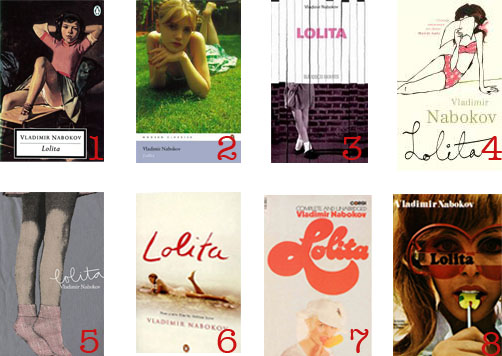
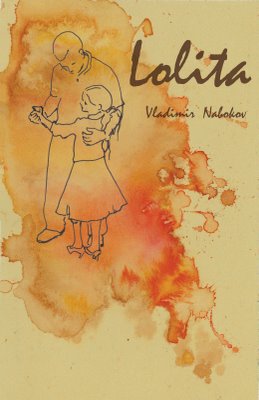
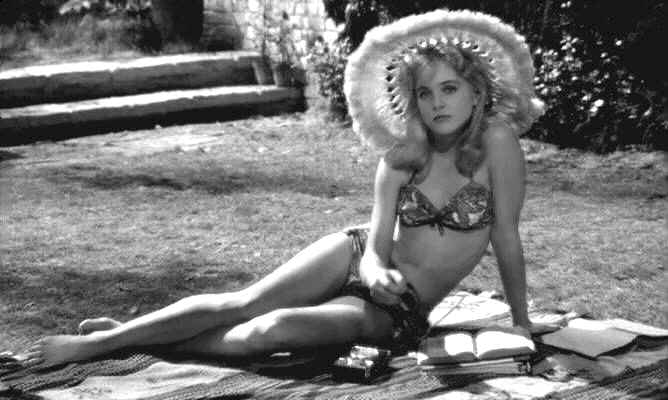
1 comment